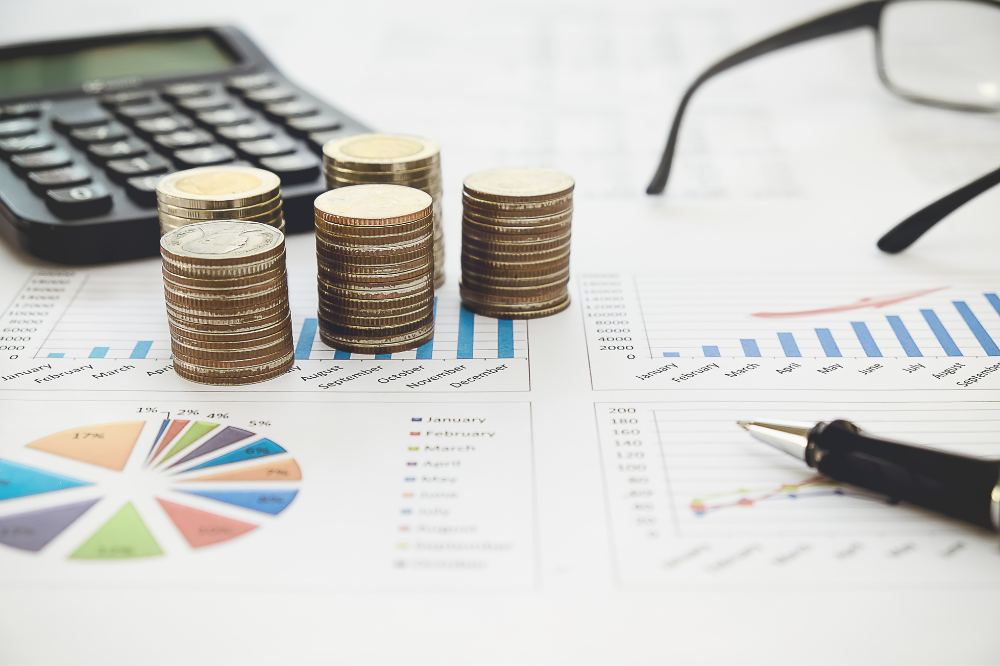Find out what are the most common financial mistakes and how you can avoid them!
When it comes to finances, even the most experienced person can make mistakes. Knowing what to avoid whent it comes to it can empower you to make informed decisions about your money, plan for the future, and achieve your financial goals. So, let’s talk about the most common financial mistakes people tend to make and how you can try to avoid them, in order for you to develop a secure and prosperous future.
Also, if you want to check out more financial tips or news on our website, you can click on this link!
Top 7 Most Common Financial Mistakes
Unnecessary Spending
It’s easy to fall into the trap of impulse purchases and lifestyle temptations. Lattes every day, dinning out, way too many subscriptions you rarely use, and constantly keeping up with the latest trends can silently drain your bank account.
Solution: track your expenses for a month to identify areas where you can cut back. Consider implementing a budgeting method like the 50/30/20 rule (50% needs, 30% wants, 20% savings/debt repayment) to allocate your income effectively.
Non-Stop Credit Card Usage
While credit cards can be convenient, relying on them to finance your everyday living expenses is a recipe for financial trouble. Remember, credit cards are a form of borrowing, not free money.
Solution: Break the cycle of living paycheck to paycheck by creating a budget and sticking to it. Aim to live within your means and avoid using credit cards for recurring expenses.
The Debt Trap
Paying only the minimum amount on your debts keeps you stuck in a cycle of high-interest payments. High-interest credit card debt can significantly eat into your savings and limit your financial flexibility.
Solution: Prioritize paying off high-interest debt first to free up your cash flow for other goals. Explore options like debt consolidation or a balance transfer credit card with a 0% introductory APR to reduce interest payments.
Expensive New Car
Cars depreciate rapidly, making them a significant financial drain. New cars lose a significant portion of their value the moment you drive them off the lot.
Solution: Consider buying a reliable used car instead. Regular maintenance will go a long way in extending the life of your vehicle. Remember, a car is a tool to get you from point A to point B, not a status symbol. If you need to buy a car and/or borrow money to do so, consider buying one that is going to cost less.
Expensive House
While homeownership can be a great long-term investment, overspending on a house can put a strain on your finances. A mortgage payment that consumes a large chunk of your income will leave little room for other financial goals.
Solution: Be realistic about what you can afford. Factor in property taxes, insurance, and maintenance costs when calculating your budget. Don’t get swept away in the emotional whirlwind of house hunting and end up regretting it later on.
Home Equity Pitfall
Home equity can be a valuable financial resource, but tapping into it for unnecessary expenses can be detrimental in the long run. A home equity line of credit (HELOC) can be tempting, but be mindful of the interest rates and potential risks involved.
Solution: Treat your home equity as a long-term investment. Use it strategically for renovations that increase your home’s value or for consolidating high-interest debt.
Not Saving Money
Financial planning is not a one-time event; it’s an ongoing process. Not saving enough, or worse, not saving at all, is a major financial mistake. Putting off planning for retirement, emergencies, or major life goals can leave you unprepared when the time comes. Even small, regular contributions can accumulate over time and provide a financial safety net.
Solution: Start planning early, even if you can only contribute small amounts at first. Automate your savings to ensure you’re consistently putting money aside. Explore different savings options like high-yield savings accounts or retirement accounts to maximize your returns. The power of compound interest can significantly grow your nest egg over time.

